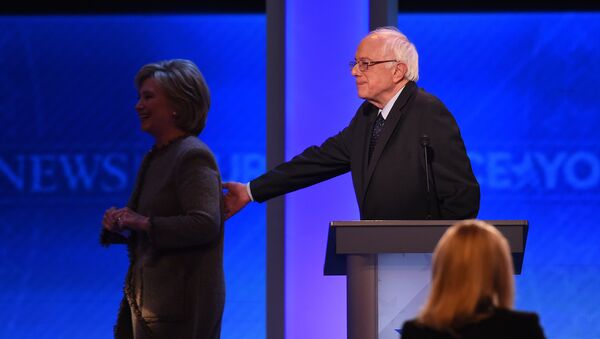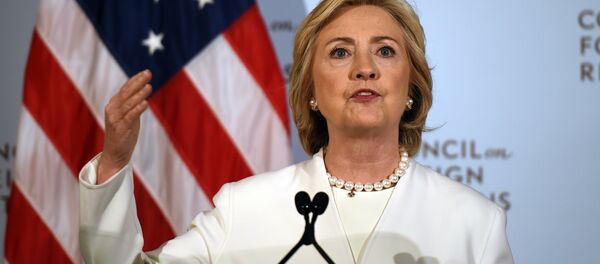WASHINGTON (Sputnik) – The latest battle for the state’s 43 delegates takes place in the form of caucuses.
It differs from a primary in that caucus-goers break into groups and declare their support for a candidate instead of voting in a secret ballot. In case a candidate does not generate at least 15 percent of support, they are free to either join another candidate or decline to take part altogether.
Caucus-goers are not required to be registered Democrats in Nevada.
Entrance polls ahead of the vote showed Sanders neck-and-neck with Clinton among women, whites, and Latinos.
In the previous two early primary states, Clinton eked out a razor-thin victory in Iowa and Sanders trounced Clinton in New Hampshire.
Unlike Iowa and New Hampshire, Nevada is more representative of the wider United States with a population of roughly two-thirds white and one-third African-American and Hispanic. The state is therefore seen as a better indicator of nationwide support.





